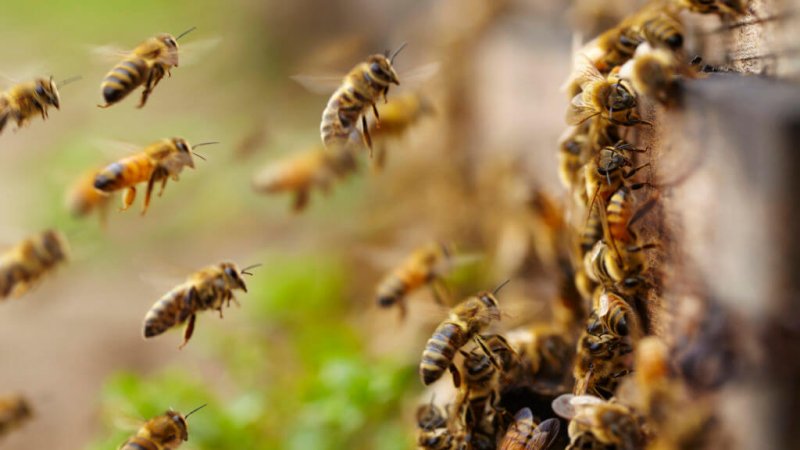The lead author of a major study which found that neonicotinoid pesticides harm honey bees has hit back against criticism from the chemical companies that part-funded the work.
…
[Dr. Ben Woodcock from the Centre for Ecology and Hydrology (CEH)] said:From a personal perspective, I don’t really appreciate having them accuse me of being a liar. And accusing me of falsifying results by cherry-picking data. That’s not what we’ve done. I’ve got little to gain from this and it’s been a major headache. We just present the results we get.
Both companies have accused the scientists of overstating the threat posed by neonicotinoids to both honey and wild bees, adding that the data, as they saw it, did not reflect the conclusions from CEH.
…
Woodcock said the accusations made by Bayer and Syngenta were “utterly unfounded”.
“I’m intrigued to know what they would’ve wanted us to do. If you find negative results on key metrics – number of bees in hives, number of bees surviving after winter – how would they want us to present that? How could we interpret this in what they see as an unbiased way?
The GLP aggregated and excerpted this blog/article to reflect the diversity of news, opinion, and analysis. Read full, original post: ‘I don’t appreciate them calling me a liar’: Bees study author hits back at Bayer and Syngenta































